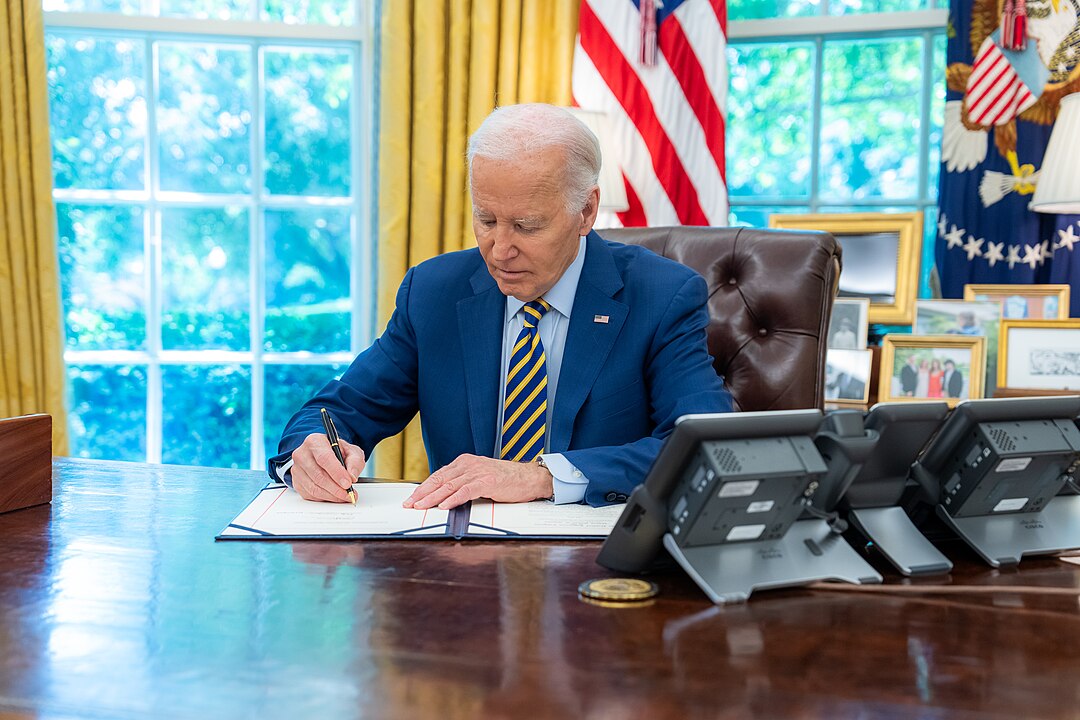
If Biden’s overriding mission in the debate last night was to put minds at rest that he’s up to the task of running again, mentally and physically, then the precise opposite was achieved.
If there is any saving grace at all for the Democratic Party in a pretty dreadful night, it’s that perhaps such a weak public performance from the president as early as June, and one universally agreed to be such, shakes loose a full and frank discussion about candidate replacement while there is still – just barely – time.
If that idea has new steam this morning, however, then the first big obstacle remains what it has always been: getting Biden to agree he should step aside. Because, however tricky it would be to smoothly agree on a replacement (and it certainly would be), if Biden is not accepting substitution voluntarily, then any idea of replacing him is, practically speaking, a non-starter.
If Democrats were to get as far as step two of the plan, then it’s not obvious who would be the best candidate, electorally speaking, to swap in. It would therefore be no easy task to clear the field for a coronation and avoid a messy fight for the job that might itself sabotage the party’s chances.
If there were a popular Democratic vice president, riding high in the public opinion polls, it would make this a lot easier for the party. But if there had been one of those waiting in the wings, in all likelihood Biden probably wouldn’t be this far down the road of running again in the first place.

